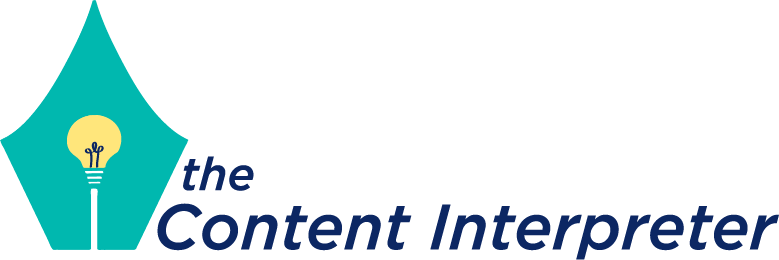On this Labor Day, we're probably, ironically, not thinking about our work as much as celebrating the holiday weekend. However, I'm reflecting on the work our words put in to convey our message - and how the message takes over when certain words are left unsaid or unwritten.
A CBS News analysis published this week paints a stark picture for today's young workers: "Overall, employment for workers aged 22 to 25 in the most AI-exposed sectors dropped 6% during the study period. By comparison, employment in those areas rose between 6% and 9% for older workers, according to the researchers."
This is a multi-faceted problem, to be sure. Proponents and critics of AI will undoubtedly add to the chorus of voices here, but for the purposes of this discussion, I'm not going to join either side. My eye was drawn to this quote from one of the study's authors:
"Young workers who learn how to use AI effectively can be much more productive. But if you are just doing things that AI can already do for you, you won't have as much value-add."
Seems reasonable enough, right? Anyone invested in a career over time has had to upskill, reskill or pivot. But if there are simply less entry-level jobs to be filled, at a certain point, a young person's AI proficiency doesn't much matter.
When I think back to when I first started my career, I was excited by the promise and possibility, yes. Apart from setting the pace for my professional trajectory, though, was a much more important message:
Your hard work to this point is recognized and valued. You're valuable. You matter.
That last part of the author's remarks - "...you won't have as much value-add" - gets to me. It might as well say, "You won't have as much value".
Now, I get it: no one is saying that to our young people. But, as a professional communicator, I can all but guarantee that's what many young people fresh from college or even the previous year's graduates still job-hunting in their field are hearing.
My Four Essential Elements for Every Speech was actually only three when I first started as a consultant. The fourth element, empathy, was added at the height of the pandemic's first wave, when clients asked how to better communicate during such a difficult time. My response to that is always that words always have to be backed with action, but make no mistake. The words, on their own, have tremendous value.
The absence of words also carries weight. The lost job opportunities juxtaposed against the promise of AI for businesses is a powerful communiqué. When it's repeated over and over, my fear is that it telegraphs a hopeless feeling to young people who worked hard and thought they did everything right. That message is working overtime, and in this case, more is much, much less.
As we celebrate Labor Day and going forward, let's not only celebrate today's workers, but also, the promise of the next generation's contributions.

